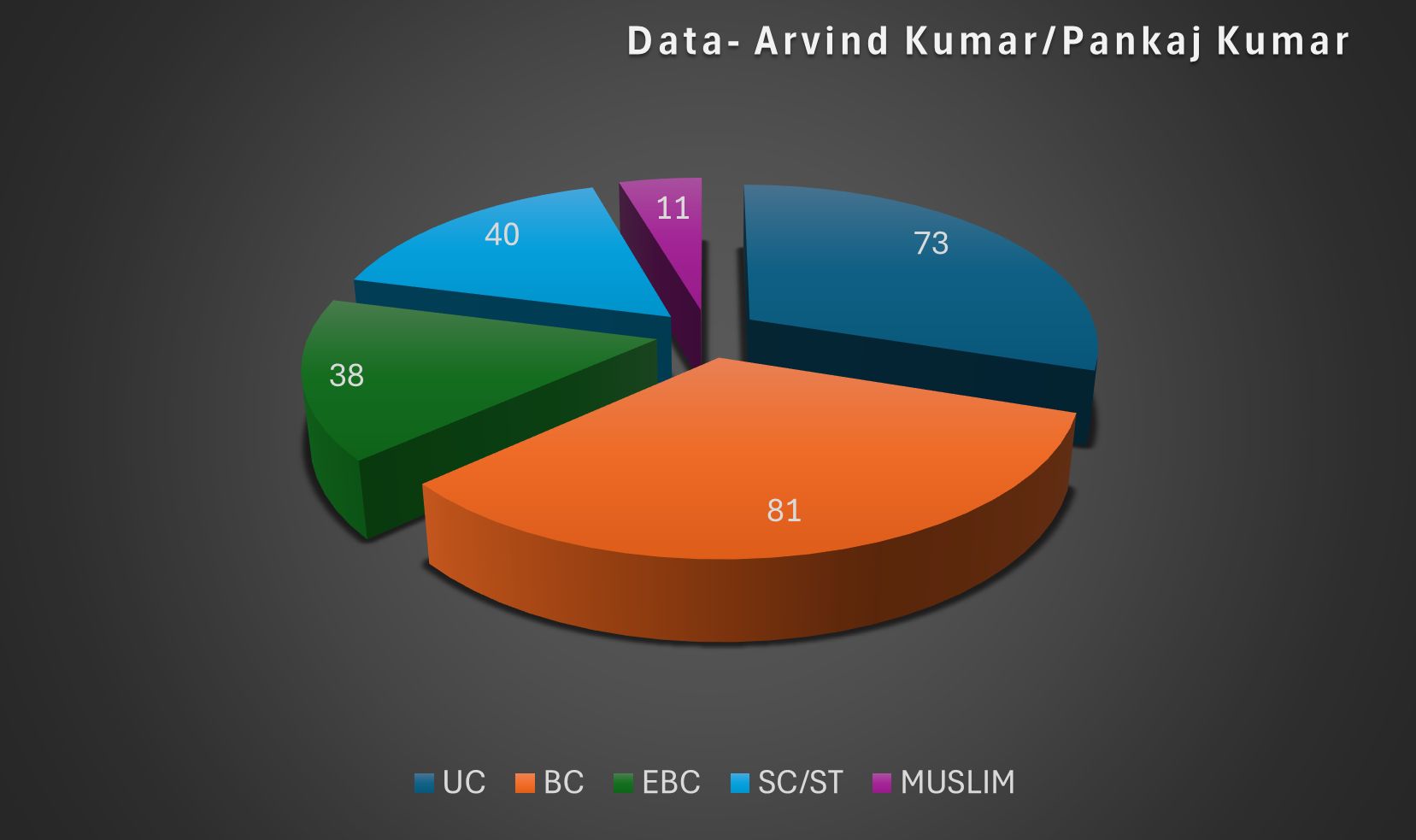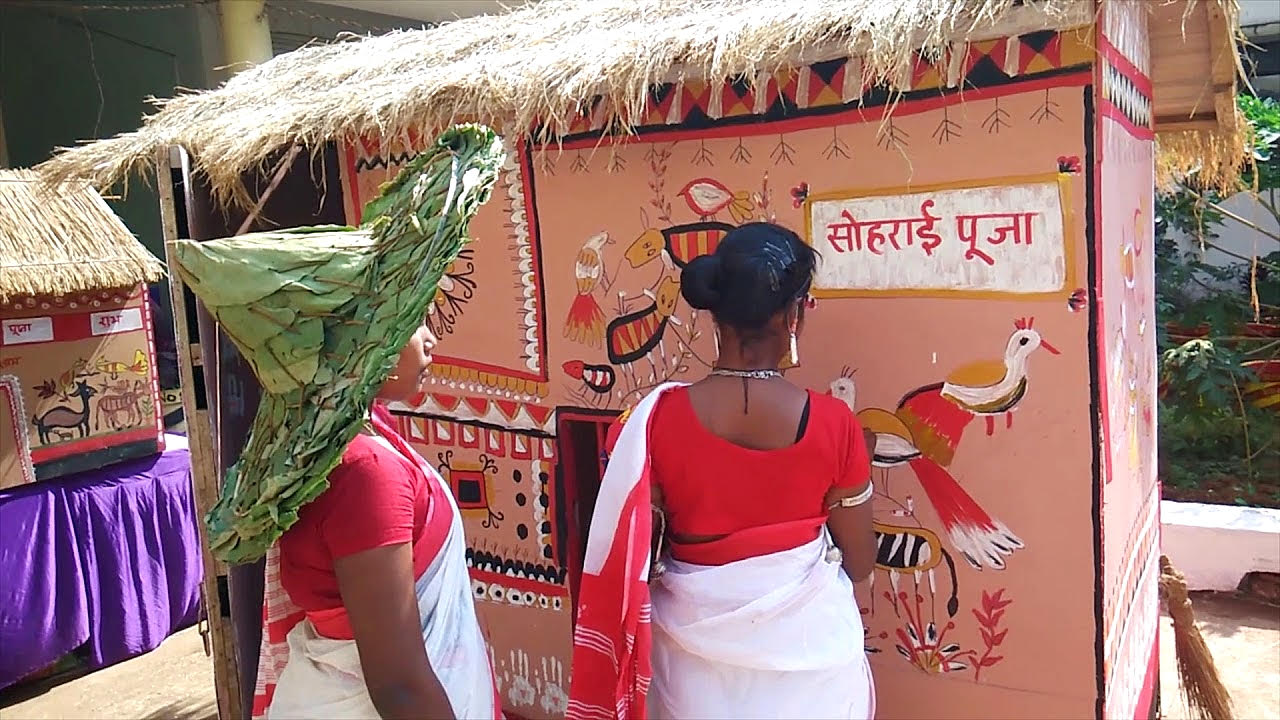What has changed in these 75 years since independence? Different people will have different answers. Savarnas have changed their methods of oppressing Dalits, and Dalits have changed their strategies of dissent. But discrimination, untouchability, harassment, exploitation, and violence against Dalits are very much a ground reality even today. According to the National Crime Records Bureau (NCRB) data, there were 25 crimes/atrocities – registered under the Scheduled Castes-Scheduled Tribes (Prevention of Atrocities) Act – against Scheduled Castes (SC) for every 100,000 of their population in the year 2020. According to the Home Ministry, 53,886 cases were registered under the SC-ST (PoA) Act in 2020, up from 49,608 in the previous year. The rate of crimes against Dalits is in all probability much higher, as the SC-ST (PoA) Act is often not invoked while registering an FIR due to caste prejudices of the police administration.
Related Articles
Behold, the Light of the world!
This Christmas season, may we look beyond the twinkling lights and decorations, to the Light of the world who has entered our dark world...
Bihar looks set to become a graveyard of social justice and a playground for corporate czars
In the new Nitish Kumar-led 27-member council of ministers, eight are from the upper castes, five from EBCs and eight from OBCs. Then, there...
Kant, Phule and Ambedkar, and the need for a collective struggle for the right to reason
In societies that are unequal not incidentally but structurally, the issue is not simply 'immaturity', as Kant poses, but being deprived of a social...
Social composition of the 18th Bihar Assembly
The Rajput have the highest representation among all the castes, while Kushwahas top Backward Classes, followed closely by Yadavs. Dhanuk and Ravidas have most...
Sohrai: An Adivasi festival that celebrates oneness with nature and coexistence with cattle
‘Sohrai’ means ‘appreciating and caressing’. The festival is about caressing cattle, pampering them and expressing gratitude towards them; it is about the relationship between...





